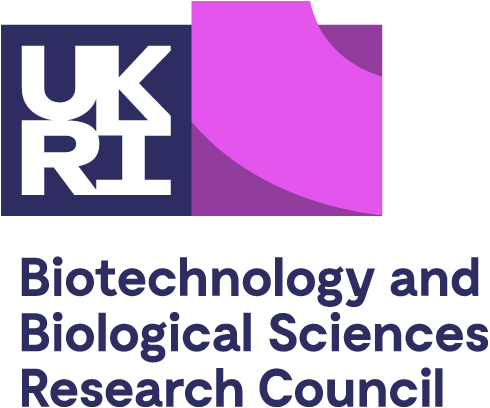The payroll costs of all staff on the project, full or part-time, whose time can be supported by a full audit trail can be included. These staff should be justified in the resources and cost justification.
Research, technical and support staff
Where an application includes provision for named research, technical and support staff, BBSRC will normally expect to award funds at 80% of the level requested.
Research and innovation associates, whether named or unnamed, should be requested at a salary level commensurate with the skills, responsibilities, expertise and experience necessary to carry out the proposed research activity. They should also only be employed by an eligible institution named in the application and be based at that institution.
Salary uplift
It will be for those submitting the application to determine the extent to which market conditions make it difficult to recruit staff of appropriate quality in areas of high market demand and therefore require an uplift from normal salary levels.
Provided the uplift has been fully justified within the resources and cost justification section, BBSRC will make the award at that level.
BBSRC reserves the right to provide support at a different level if it is considered appropriate.
Data-driven research
Data-driven research and the development of associated methods, tools and resources are an integral part of contemporary bioscience. Staff support can be requested in the following areas.
Research data management
Support may be requested for any costs related to research data management which will be incurred during the project and not be covered by directly allocated or indirect costs. These costs must be fully justified.
Professional support
Applications should be fully scoped and are expected to include the necessary full or partial FTE roles associated with professional support for data-intensive bioscience, such as for data analysis and management. This can include support through the use of shared facilities and technical professionals such as research software engineers where appropriate.
Skills
Applicants should ensure professional support roles for data-intensive bioscience are made at appropriate salary points in recognition of the competitive market for staff with strong quantitative expertise.
Applications can also support upskilling costs. The rationale for these costs must be clearly articulated in the resources and cost justification.
Salary increments
Salary increments over the period of the project should be taken into account. Do not include anticipated future pay awards. Where it is expected that named research staff will be promoted during the lifetime of the grant, provision may be made for this in the grant application. If a grant does not include provision for such costs, funds may be transferred from other directly incurred and exceptions headings.
Staff contracts
The research organisation is responsible, as the employer, for the contracts of employment of the staff concerned. Consequently, for any redundancy or other compensatory arrangements that may be required.
Work permits, if required, are a matter for direct negotiation between the research organisation and the relevant government departments. BBSRC has no restrictions or requirements on residency, nationality or citizenship in relation to research support staff funded from a grant.


